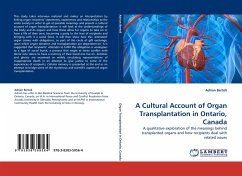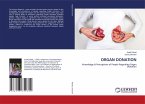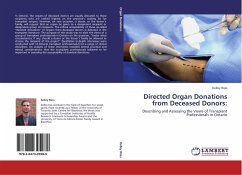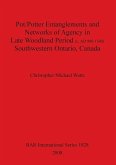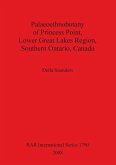This study takes interview material and makes an interpretation by linking organ recipients statements, experiences and relationships to the wider society in order to get at possible meanings and present a cultural account of organ transplantation. It will look at the understandings of the body and its organs and how these allow for organs to take on or have a life of their own, becoming a party to the lives of recipients and bringing with it a social force. It will then show how this animated organ comes with obligations, as part of the circle of gift exchange, upon which organ donation and transplantation are dependent on. It is suggested that recipients attempts to fulfill this obligation is analogous to a type of social burial, a process that might at times conflict with donor kins' desire to have a memory of their loved one live on. Zombies and ghosts are examined as widely circulating representations of inappropriate death in an attempt to give justice to some of the experiences of recipients. Cellular memory is presented at the end as an attempt to bridge some of the mysterious and scientific aspects of organ transplantation.
Bitte wählen Sie Ihr Anliegen aus.
Rechnungen
Retourenschein anfordern
Bestellstatus
Storno

